How I Learned to Be a Better Tester Through Practising “Humble Inquiry” - Kwesi Peterson
2nd October 2019
-
Locked
Kwesi Peterson
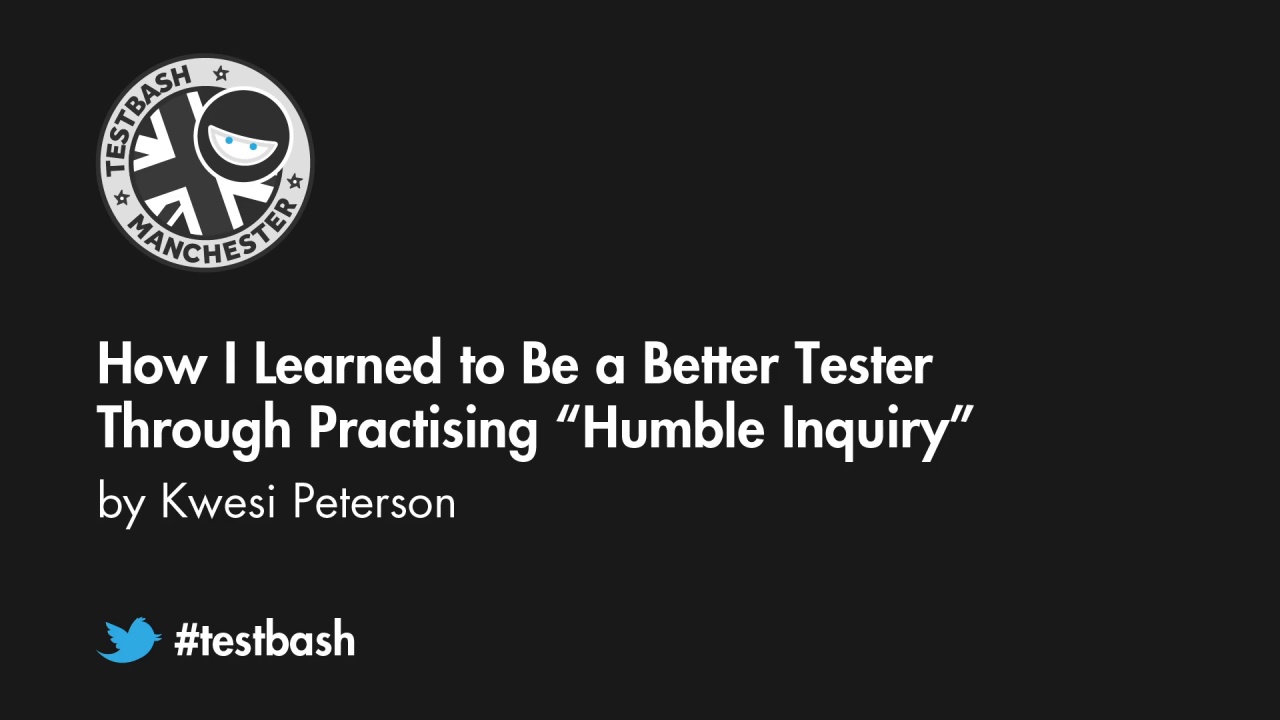
Talk Description
I wanted to become a better tester, so I asked myself three questions:
- Am I prepared to be vulnerable? Yes!
- Am I committed to being genuinely curious? Yes!
- Am I willing to be empathetic? Yes!
These three skills are the core of “Humble Inquiry”, and by practising them, I have become a better tester.
“Humble Inquiry”, a technique defined by Edgar Schein, is “the fine art of drawing someone out, of asking questions to which you do not know the answer, of building a relationship based on curiosity and interest in the other person”.
In my talk, I’ll share my story of learning this technique, teach people how to use it, and inspire people to use it themselves to become better testers.
More specifically, my talk has three components:
Being Vulnerable
I’ll talk about:
- Why I can find it so hard to be vulnerable
- Examples of me failing to achieve my goals because I refused to be vulnerable and ask for help
- E.g. Refusing other people's help when testing an unfamiliar part of a product, despite not having a clue what was going on
- How I learned to use the technique of “Here-and-now Humility” (recognising that I am dependent on somebody else at this moment to achieve my goals) to overcome the fear of being vulnerable
- Worked examples to teach people how to use “Here-and-now Humility” to achieve their goals
Being Curious
I’ll talk about:
- Why I can find it hard to be genuinely curious
- Examples of poor exploratory testing I’ve done due to a lack of curiosity
- E.g. falling prey to confirmation bias when testing familiar areas of a product
- How I learned to trigger curiosity by:
- Learning to truly feel that I don’t know the answer
- Learning to truly want to know the answer
- Worked examples to teach people how to trigger curiosity in their exploratory testing
Being Empathetic
I’ll talk about:
- Why I don’t always respond with empathy when confronted with problems or conflict
- Examples of where I’ve been a poor mentor or alienated teammates due to a lack of empathy
- E.g. upsetting my teammates by trying to force them to use a process that they didn’t want to use
- How I learned to use “non-violent communication” as a default response to problems
- Worked examples to teach people how to use “non-violent communication” when dealing with problems
Takeaways
- Achieve your goals by allowing yourself to be vulnerable
- Enhance your exploratory testing by learning to cultivate curiosity
- Build better relationships through practising non-violent communication
Kwesi Peterson
I'm Kwesi, a 24-year old born and raised in London. Having done a Maths degree at Cambridge, I decided to go into software. I've been working at Metaswitch for just over 2 yeras now, and I'm currently a Test Lead, testing our Networking Protocol Stack. A typical work week involves a mix of exploratory testing, coaching, managing deliveries, improving processes, and prototyping new ideas.
In my spare time, I spend most of my time doing sport - football, boxercise, touch rugby, you name it! I also spend a lot of my time reading about rationality, biases and understanding the psychology of people. I also enjoy relaxing with a pint or two with friends.
Sign in
to comment
Suggested Content
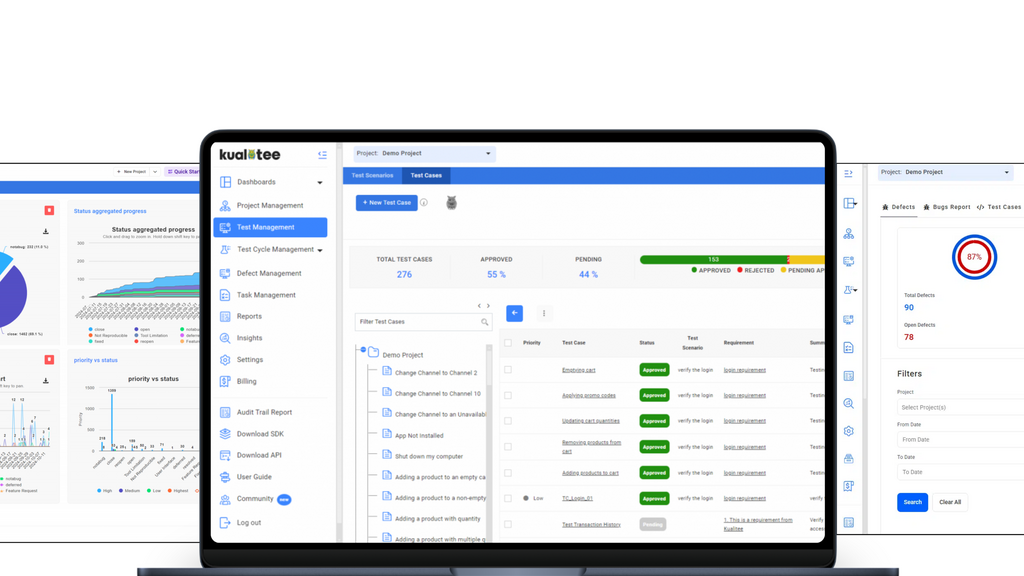
Manage your entire QA lifecycle in one place. Sync Jira, automate scripts, and use AI to accelerate your testing.
Explore MoT
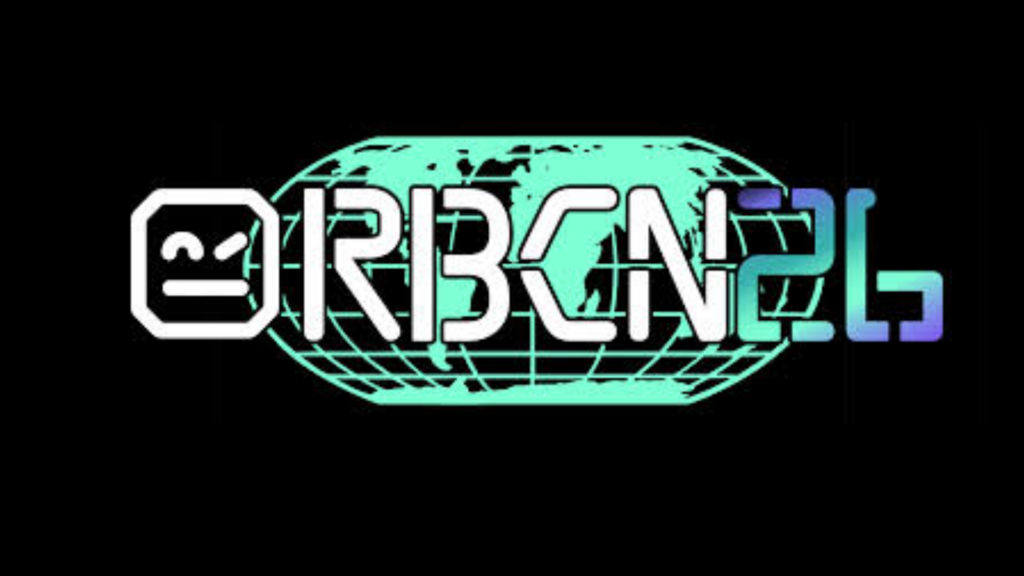
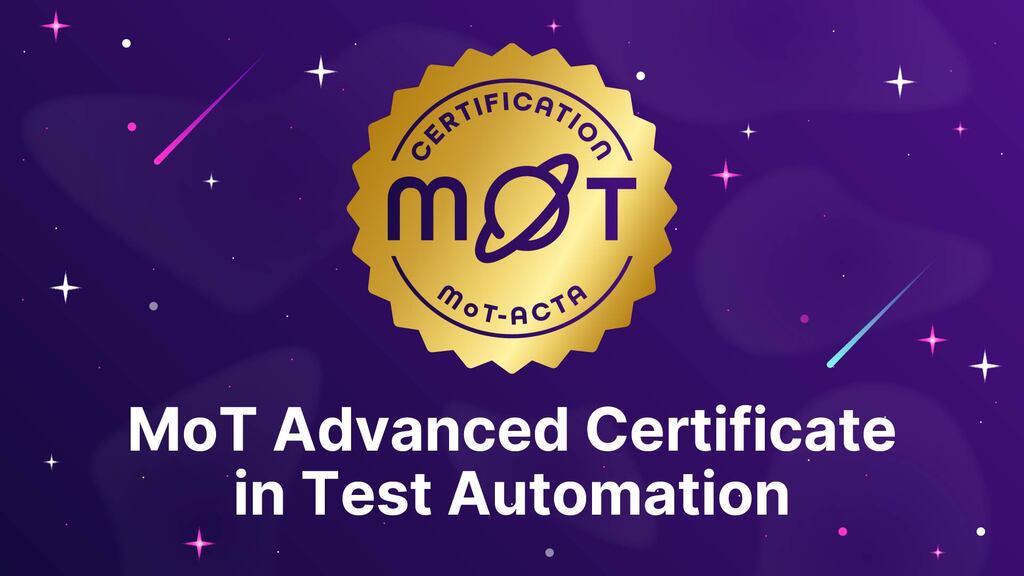
Ascend to leadership roles by mastering strategic skills in automation strategy creation, planning and execution
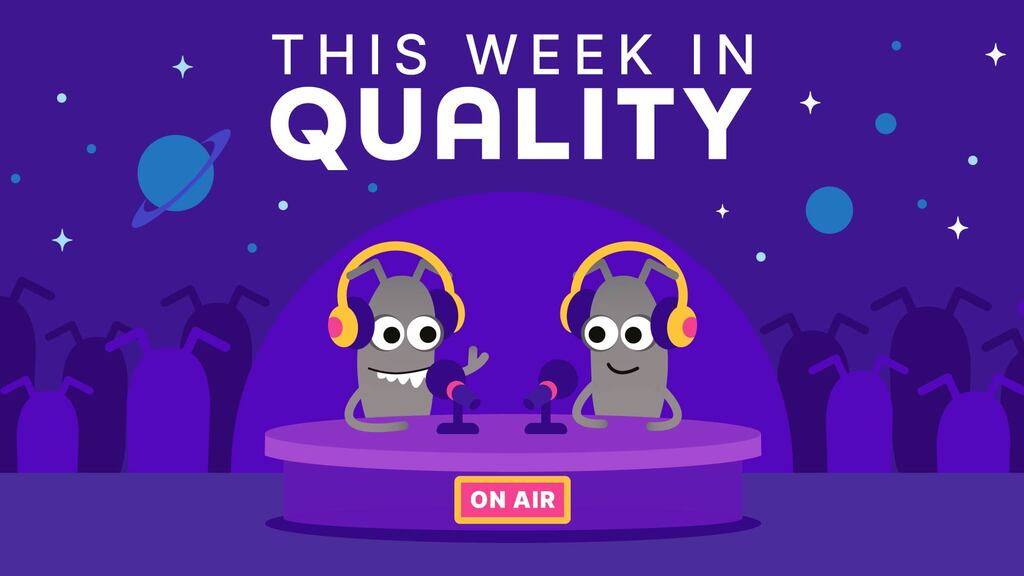
Debrief the week in Quality via a community radio show hosted by Simon Tomes and members of the community
